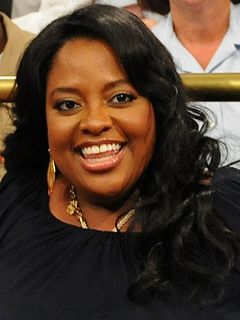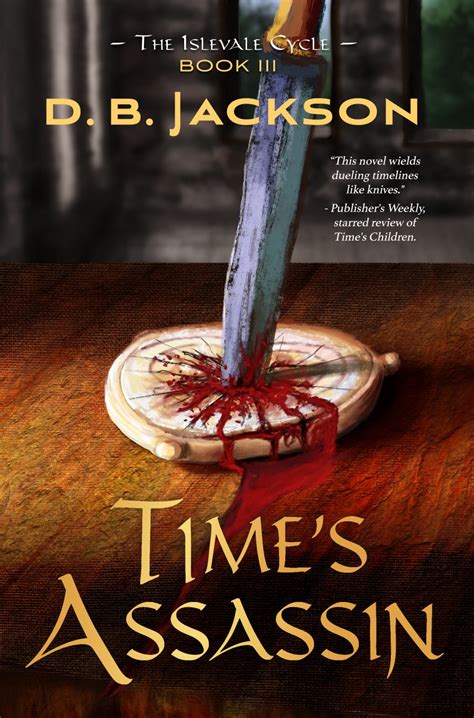A Quote by Alan Zweibel
Writers are born, not made. We can hone the craft. We need to try to encourage someone and make a dialogue, suggesting ways to do something differently or how to improve.
Related Quotes
Go to a wig store with your girlfriends, never by yourself. You need someone to say, 'Girl that looks good!' You need someone to encourage you to try pieces on. Try to purchase a wig close to your natural hair color as possible, don't come in with brown hair and try to leave as a redhead unless you are fine with that!
I try to be aware of what I'm concerned about, aware of how I feel about myself in the world, aware of how I feel about the issues of the day, but I guess I don't want to write essays in my head about my craft and maybe it's because I teach and talk about craft of other writers as a reader. I feel the moment I start doing that is when it's going to kill me.




































